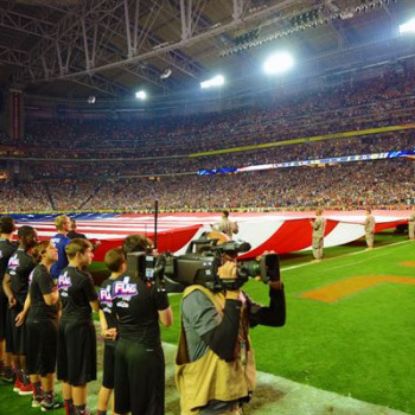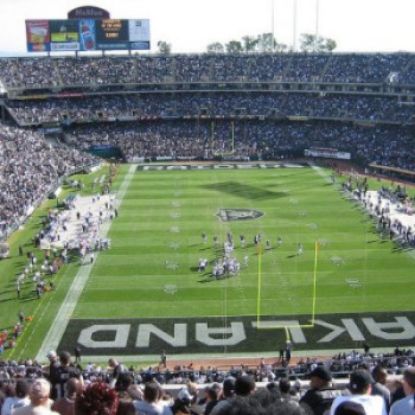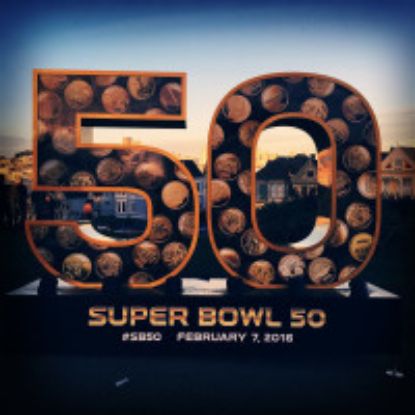Filter by price
Finance & Economics
View as
A Rebirth of Rivals to the NFL Monopoly
Throughout the 20th century, football grew to be America's new pastime - and as the sport's popularity grew, so did the NFL's fortunes. From early league leadership to the Pete Rozelle era, the NFL successfully warded off rival league challengers and became the preeminent economic juggernaut of the American sports landscape. But as the NFL's financial dominance has grown, so has its risk exposure to certain elements of its 20th century business model. In this case, students will work to understand the NFL's monopolistic business model and how it has fueled the NFL's financial windfalls over the past several decades. Students will also gain an understanding of the history of rival football leagues in America in order to analyze the question facing the modern NFL management team: is its business model vulnerable to disruption by a handful of well-funded rival leagues set to start play in 2019?
$6.00
Hot Stove Contracts: Incorporating Time Value of Money into MLB Free Agent Analysis
Every year, the proverbial “Hot Stove League” in baseball’s off-season prompts myriad headlines about outsized player contracts. But do these nominal values tell the whole story? In this case, students will be tasked with representing a fictional baseball player, Rolando Mateo, as he works his way through his first free agent negotiation. By drawing on fundamental concepts of the time value of money and balancing qualitative considerations with quantitative analyses, students will work to rank Mateo’s offers—and provide their client with a final recommendation for his path forward.
$6.00
Public Subsidization of Abandonment
For nearly a century, owners of U.S. professional sports teams have lobbied respective governmental bodies for public subsidies to build stadiums and arenas across the country, using franchise relocation as leverage. Myriad justifications have been used as a defense for the public subsidization of this private enterprise, ranging from the economic impact of capital intensive projects to the psychic regional benefit of being a host city to a professional sports franchise. But do these justifications hold up under increased scrutiny? In this case, students are placed in the position of the Mayor of Oakland as she is faced with a dilemma regarding publicly subsidizing a new Raiders stadium. Students will examine the issue through the lens of multiple key stakeholders, and will ultimately have to decide whether the city should utilize public funds to keep the Davis family happy and the Raiders in Oakland, or withhold funding for public good and risk the franchise relocating elsewhere.
$6.00
Redefining the Super Bowl: An Economic Impact Analysis
Mega sporting events typically justify their use of public funds through pre-event estimates of economic impact. Super Bowl 50, hosted in the San Francisco Bay Area in 2016, took a different approach. The Host Committee intended to redefine how a Super Bowl is hosted, by making SB50 the most giving, shared, and participatory Super Bowl ever. This case follows Host Committee chairman Daniel Lurie’s attempt to evaluate the economic and social impact after the event, presenting a wide range of data and perceptions from both event proponents and detractors. Together, students will estimate financial gains and cost, net economic impact, and evaluate social impacts. Ultimately, students are forced to critically analyze the degree to which economic and social impacts can be compared and contrasted, leading to a manager’s assessment of the overall benefit or cost to a host city.
$6.00




